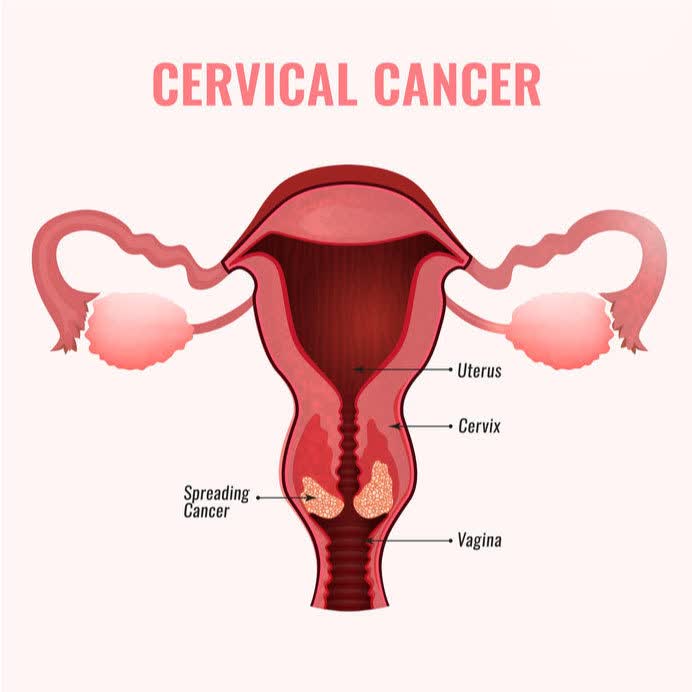- Empty cart.
- Continue Shopping
The Importance of Pap Smears in Detecting Cervical Cancer

Cervical cancer is a serious but highly preventable disease. Regular screening through Pap smears, also known as Pap tests, has been a transformative tool in early detection and prevention. We’ll look into the significance of Pap smears, their role in detecting cervical abnormalities, and how they empower women to take control of their health.
Understanding Cervical Cancer
1. Cervical Cancer: A Preventable Threat
Cervical cancer is primarily caused by certain strains of the human papillomavirus (HPV). Early detection and treatment can prevent the progression of abnormal cells to cancer.
2. The Role of HPV
HPV is a common sexually transmitted infection. While most infections clear on their own, some can lead to cervical abnormalities and, if left untreated, may develop into cancer.
The Power of Pap Smears
1. What is a Pap Smear?
A Pap smear is a simple, quick, and relatively painless test that involves collecting cells from the cervix to examine for any abnormalities.
2. Early Detection of Abnormalities
Pap smears can detect precancerous cells in the cervix long before they develop into cancer, allowing for timely intervention.
3. Screening Frequency
Regular Pap smears, typically recommended every three years for women aged 21-65, play a crucial role in early detection and prevention.
The Link Between HPV and Cervical Cancer
1. HPV Testing in Combination
In some cases, HPV testing may be performed alongside a Pap smear to further enhance the accuracy of detecting cervical abnormalities.
2. High-Risk HPV Strains
Identifying high-risk HPV strains through testing allows for targeted monitoring and intervention.
Pap Smears and Young Women
1. Initiating Screening at a Young Age
Screening for cervical cancer typically begins at age 21. Early detection is key in preventing the progression of abnormalities.
2. The Role of HPV Vaccination
HPV vaccination is a powerful tool in preventing cervical cancer. It is recommended for both boys and girls starting at age 11 or 12.
Pap Smears and Older Women
1. Continued Screening Beyond Menopause
Screening may continue beyond age 65, especially for women who have not been regularly screened or have a history of abnormal results.
2. Individualized Screening Plans
Healthcare providers may recommend personalized screening plans based on an individual’s medical history and risk factors.
Overcoming Barriers to Screening
1. Education and Awareness
Raising awareness about the importance of Pap smears and cervical cancer prevention is crucial in ensuring all women have access to screenings.
2. Addressing Stigma and Fear
Open conversations about the process and benefits of Pap smears can help alleviate anxiety and encourage women to prioritize their health.
Conclusion
Pap smears have revolutionized the prevention and early detection of cervical cancer, saving countless lives. By understanding the importance of regular screenings, women can take proactive steps towards safeguarding their health. With the combined efforts of healthcare providers and empowered individuals, we can continue to make strides in the fight against cervical cancer. Remember, regular screenings are not only an act of self-care but also a powerful tool in the pursuit of women’s health and well-being.








